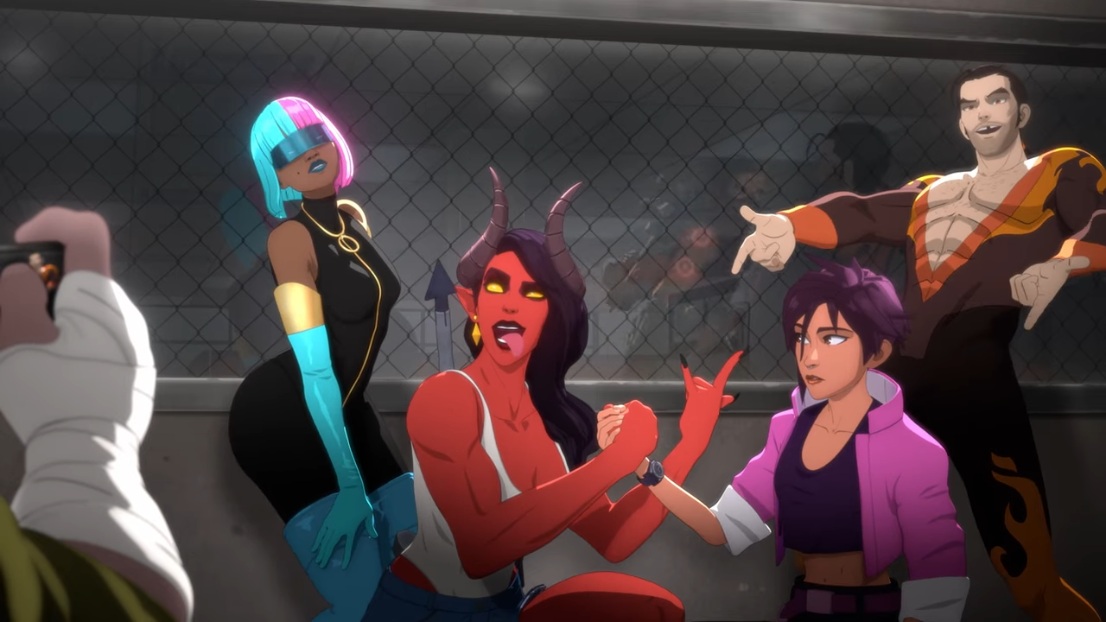Capcom’s Initial Hesitation to Release Classic Resident Evil Trilogy on PC Revealed by GOG
In a recent interview, GOG’s senior business manager Marcin Paczynski provided new insight into Capcom’s original reluctance to bring the classic Resident Evil trilogy—Resident Evil, Resident Evil 2, and Resident Evil 3—to PC platforms.
This behind-the-scenes look, published on The Game Business, sheds light on the internal discussions that eventually led to the successful rerelease of these seminal survival horror titles. Background: Capcom and the Resident Evil Legacy The Resident Evil franchise, developed and published by Capcom, has been an enduring staple in the video game industry since its debut in 1996.
Originally launched for PlayStation, the series has since been ported and remade for numerous platforms, including the Nintendo Switch and PC via digital storefronts such as Steam and GOG.
The series is renowned for its tense atmosphere, memorable storylines, and ongoing evolution, with remakes of Resident Evil 2 and Resident Evil 3 earning critical acclaim for their updated graphics and modernized gameplay. GOG’s Role in Preserving Classic Games GOG has built its reputation as a champion for retro game preservation, offering DRM-free versions of beloved classics to new generations of gamers.
In an interview published with The Game Business, Marcin Paczynski recounted his experience approaching Capcom about bringing the original PC versions of Resident Evil 1-3 back to market.
According to Paczynski, Capcom initially questioned the value of such a release.
The company believed that players already had access to what it considered the “superior” experiences through the recent HD remasters and remakes available on platforms like the Nintendo Switch, as well as PC and PlayStation. Paczynski explained that Capcom’s initial position was: “We have all of those remakes.
It’s already the superior experience to those games.” Paczynski clarified that it took considerable effort to demonstrate to Capcom that there is a dedicated audience eager to revisit the original versions, not just for nostalgia but for authenticity and historical preservation.
GOG’s team emphasized the intense loyalty among longtime fans who wanted the chance to replay these iconic games in their original form. Public Response and Successful Release The cautious approach from Capcom raised concerns from industry observers and fans alike, especially in a digital age where game preservation is increasingly recognized as a vital part of gaming culture.
Since the interview’s publication, there has been an outpouring of support on social media for GOG’s efforts and a renewed call for publishers to maintain access to classic versions of legacy titles. Eventually, Paczynski and his team succeeded in convincing Capcom to move forward.
He described the community’s response to the trilogy’s rerelease as “absolutely phenomenal,” crediting the project’s success as proof that the classic Resident Evil games retain a passionate following.
Sales and reviews for the PC ports have been robust, further validating the appetite for original versions alongside modern remakes. Conclusion The rerelease of the original Resident Evil trilogy on PC via GOG marks a significant milestone in game preservation, illustrating both the challenges and rewards of convincing major publishers to revisit their archives.
As digital storefronts like eShop and GOG continue to bring classic experiences to modern hardware like the Nintendo Switch and today’s PCs, the story underscores the importance of access and preservation within the evolving video game industry.
This behind-the-scenes look, published on The Game Business, sheds light on the internal discussions that eventually led to the successful rerelease of these seminal survival horror titles. Background: Capcom and the Resident Evil Legacy The Resident Evil franchise, developed and published by Capcom, has been an enduring staple in the video game industry since its debut in 1996.
Originally launched for PlayStation, the series has since been ported and remade for numerous platforms, including the Nintendo Switch and PC via digital storefronts such as Steam and GOG.
The series is renowned for its tense atmosphere, memorable storylines, and ongoing evolution, with remakes of Resident Evil 2 and Resident Evil 3 earning critical acclaim for their updated graphics and modernized gameplay. GOG’s Role in Preserving Classic Games GOG has built its reputation as a champion for retro game preservation, offering DRM-free versions of beloved classics to new generations of gamers.
In an interview published with The Game Business, Marcin Paczynski recounted his experience approaching Capcom about bringing the original PC versions of Resident Evil 1-3 back to market.
According to Paczynski, Capcom initially questioned the value of such a release.
The company believed that players already had access to what it considered the “superior” experiences through the recent HD remasters and remakes available on platforms like the Nintendo Switch, as well as PC and PlayStation. Paczynski explained that Capcom’s initial position was: “We have all of those remakes.
It’s already the superior experience to those games.” Paczynski clarified that it took considerable effort to demonstrate to Capcom that there is a dedicated audience eager to revisit the original versions, not just for nostalgia but for authenticity and historical preservation.
GOG’s team emphasized the intense loyalty among longtime fans who wanted the chance to replay these iconic games in their original form. Public Response and Successful Release The cautious approach from Capcom raised concerns from industry observers and fans alike, especially in a digital age where game preservation is increasingly recognized as a vital part of gaming culture.
Since the interview’s publication, there has been an outpouring of support on social media for GOG’s efforts and a renewed call for publishers to maintain access to classic versions of legacy titles. Eventually, Paczynski and his team succeeded in convincing Capcom to move forward.
He described the community’s response to the trilogy’s rerelease as “absolutely phenomenal,” crediting the project’s success as proof that the classic Resident Evil games retain a passionate following.
Sales and reviews for the PC ports have been robust, further validating the appetite for original versions alongside modern remakes. Conclusion The rerelease of the original Resident Evil trilogy on PC via GOG marks a significant milestone in game preservation, illustrating both the challenges and rewards of convincing major publishers to revisit their archives.
As digital storefronts like eShop and GOG continue to bring classic experiences to modern hardware like the Nintendo Switch and today’s PCs, the story underscores the importance of access and preservation within the evolving video game industry.






